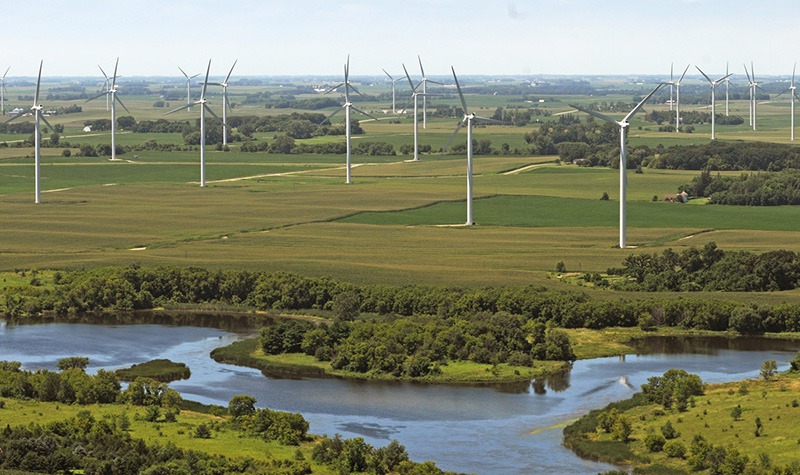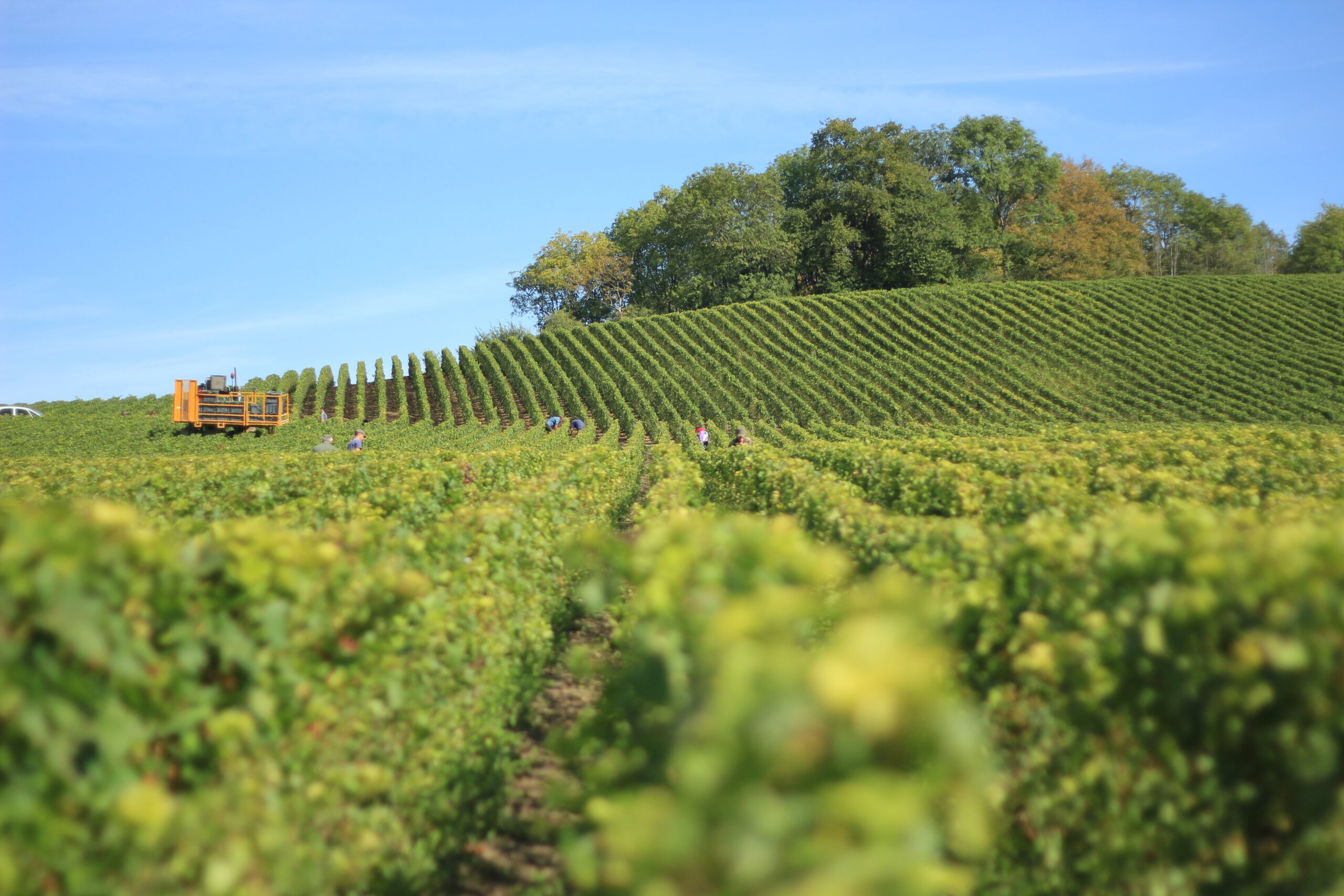
The Role of Agricultural Science and Technology in Climate 21 Project Implementation
Q&A from the June 29, 2021 Webinar The transition team for the Biden Administration introduced the Climate 21 Project as

The Role of Agricultural Science and Technology in Climate 21 Project Implementation
Q&A from the June 29, 2021 Webinar The transition team for the Biden Administration introduced the Climate 21 Project as

Reducing the Impacts of Agricultural Nutrients on Water Quality across a Changing Landscape
Agricultural productivity in the United States has doubled over the last 50 years through agricultural intensification and adoption of new

Pollinators are responsible for about 1/3 of our human diet by volume. Although honey bees are one of nearly 20,000

Alimentos, combustible y uso de fitonutrientes en el futuro (QC)
This one-page Ag quickCAST contains excerpted material from its companion CAST document (IP 51), Food, Fuel, and Plant Nutrient Use in

Food, Fuel, and Plant Nutrient Use in the Future
Future food, fiber, and fuel demands will not be met by expanding cropland area; continued advances in nutrient use efficiency

Energy Issues Affecting Corn/Soybean Systems: Challenges for Sustainable Production
Energy Issues Affecting Corn/Soybean Systems: Challenges for Sustainable Production (IP 48) speaks to energy issues within the corn/soybean production system

A panel of experts has outlined key issues regarding biomass crops by examining the harvest, transportation, and storage of cellulosic

Sustainability of U.S. Soybean Production
This CAST Special Publication documents the ecological and economic implications of the various systems used in U.S. soybean production. Soybean

Gene Flow in Alfalfa: Biology, Mitigation, and Potential Impact on Production
This Special Publication describes the biology and agronomic practices in alfalfa that should be considered in developing coexistence strategies to

Convergence of Agriculture and Energy: III. Considerations in Biodiesel Production
Concern about rising prices and unstable sources of petroleum fuels is driving the search for U.S. domestically produced, renewable transportation